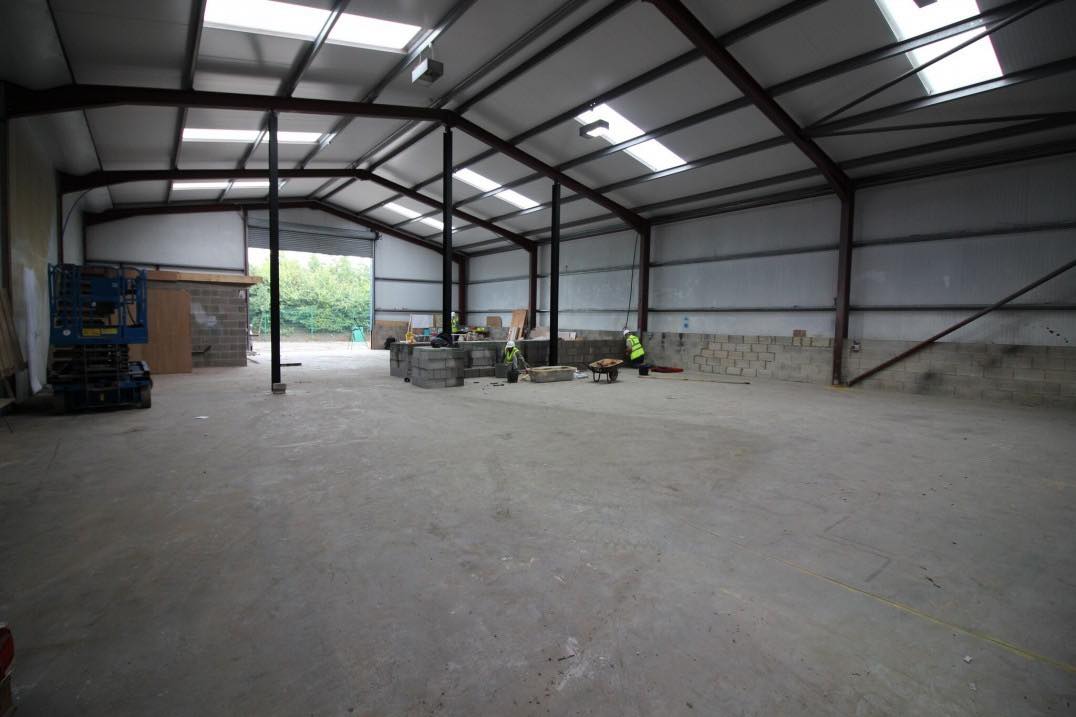With the cost-of-living crisis really beginning to bite, an increase to NI rates may leave a bitter taste in the mouth of both employers and employees. Today, we’ll break down those increases and show you the little bit of light at the end of the tunnel with the increases.
You may remember that back in November 2021, Rishi Sunak announced that NI rates would be rising across the board by 1.25%. The change would affect both employees and employers, seeing the former rise to 13.25% for basic rate taxpayers and to 3.25% on any earnings over £50,270. Employer’s NI would rise to 15.15%. The tax hike is being labelled as a Health and Social Care Levy and is designed to benefit the NHS.
National Insurance, what you need to know as an employee
For an employee earning £25,000, the cost to the employer for 22/23 will increase by £198.75. HMRC has tried to alleviate some of this additional increase by increasing the employment allowance from £4,000 to £5,000 for the 22/23 year. The £1,000 increase to the employment allowance will alleviate some of the pain felt by employers in the face of this increase, although for many businesses it will still ultimately mean they are worse off when coming to payroll.
For employees, with an NI increase to 13.25% (again assuming a salary of £25,000 with a standard tax code and no deductions) an employee would be taking home around £150 per year less than they were in the previous tax year.
Back in March 2022, at an emergency budget aimed at tackling the huge rise in costs facing consumers, Rishi Sunak further announced that the threshold at which employees would begin paying NI would rise in line with the personal allowance to £12,570.
As a result in our example above, the employee would actually be earning somewhere in the region of £205 more than in the last tax year. It’s nothing major, but some help all the same.
National Insurance impact on shareholders
We also shouldn’t forget the impact on shareholders receiving dividends in this new tax year. Dividend rates have historically been:
- 0% on the first £2,000
- 7.5% on a dividend taxed at basic rate
- 32.5% on a dividend taxed at the higher rate
- 38.1% on dividends taxed at the additional rate.
Aside from the first £2,000, each tax bracket will see an increase of 1.25% to its tax rate. The impact of this would be an uplift of £12.50 of tax on every £1,000 of dividend voted.
If the increase to NI rates is giving you cause for concern or you’ve any questions or need business advice on any of these topics please get in touch with one of our very helpful team members at the office on 01704 546000.




